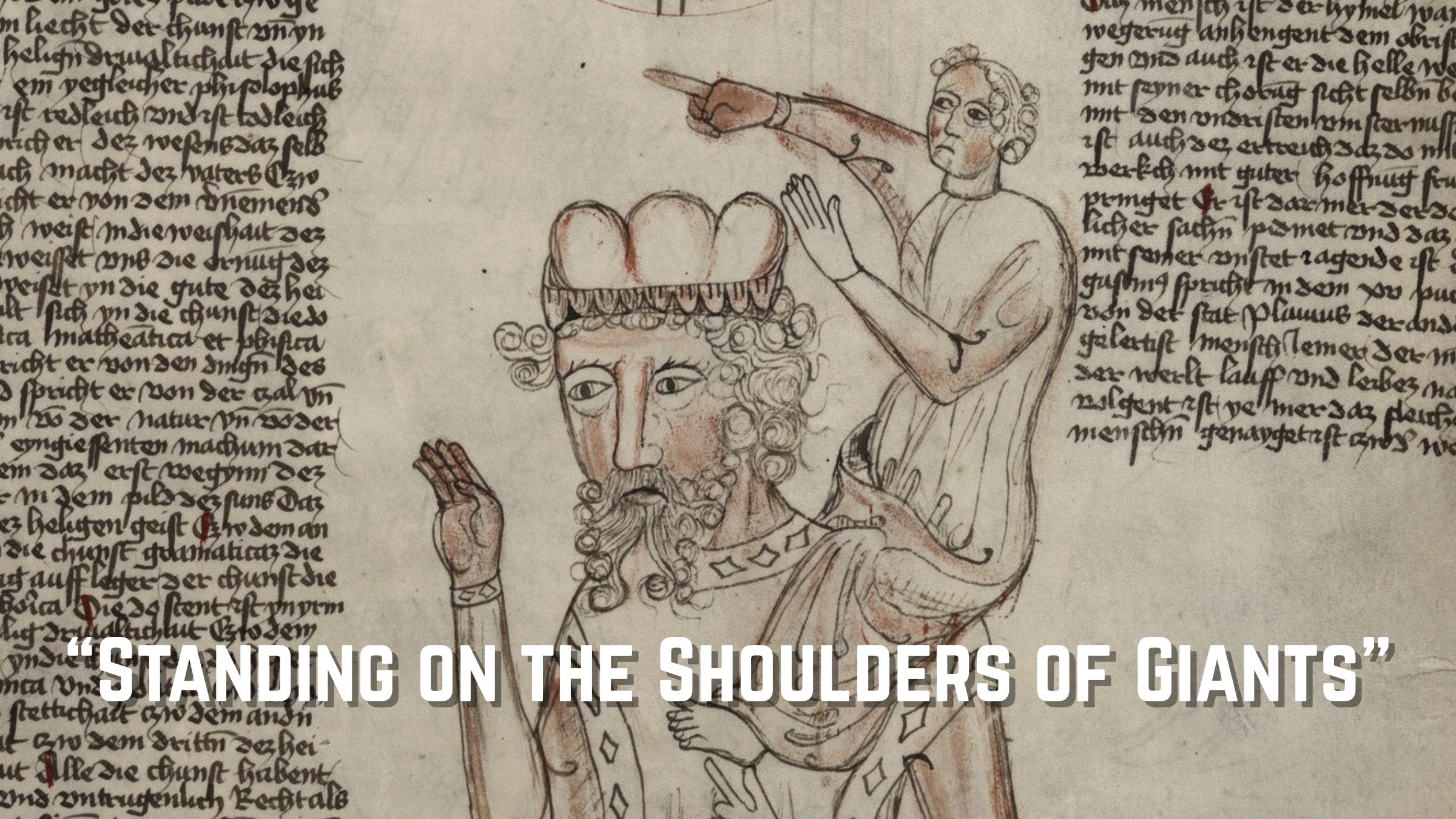
""We are like dwarfs perched on the shoulders of giants, so that we can see more than they, and things at a greater distance-not by virtue of any sharpness of sight on our part, or any physical height, but because we are carried high and raised up by their giant stature." This metaphor articulates a sense of intellectual humility while acknowledging the contributions of past thinkers to present knowledge."
"The medieval world often perceived itself as growing old and diminished, yet some thinkers suggested that age might also represent cumulative knowledge. This perspective offers a dual view of progress in history."
"Umberto Eco observed that Bernard's metaphor of dwarfs and giants presents an ambiguous tone. It implies humility regarding our knowledge being dependent upon the past, while also suggesting a subtle pride in knowing more due to previous giants."
"Jacques Le Goff questioned whether the metaphor represents the full extent of progress perceived in the Middle Ages, prompting a reflection on how historical perspectives might skew views on intellectual development."
The phrase 'dwarfs standing on the shoulders of giants' by Bernard of Chartres signifies a medieval acknowledgment of intellectual reliance on earlier thinkers. This metaphor intertwines themes of humility and progress, revealing a nuanced understanding that combines reverence for antiquity with a claim to advancement. While many in the Middle Ages felt history was marked by decline, some philosophers viewed age as an accumulation of wisdom. The phrase's interpretation varies, reflecting both dependence on past knowledge and a sense of enhanced understanding due to the work of others.
#12th-century-renaissance #intellectual-history #metaphor #medieval-philosophy #knowledge-progression
Read at Medievalists.net
Unable to calculate read time
Collection
[
|
...
]